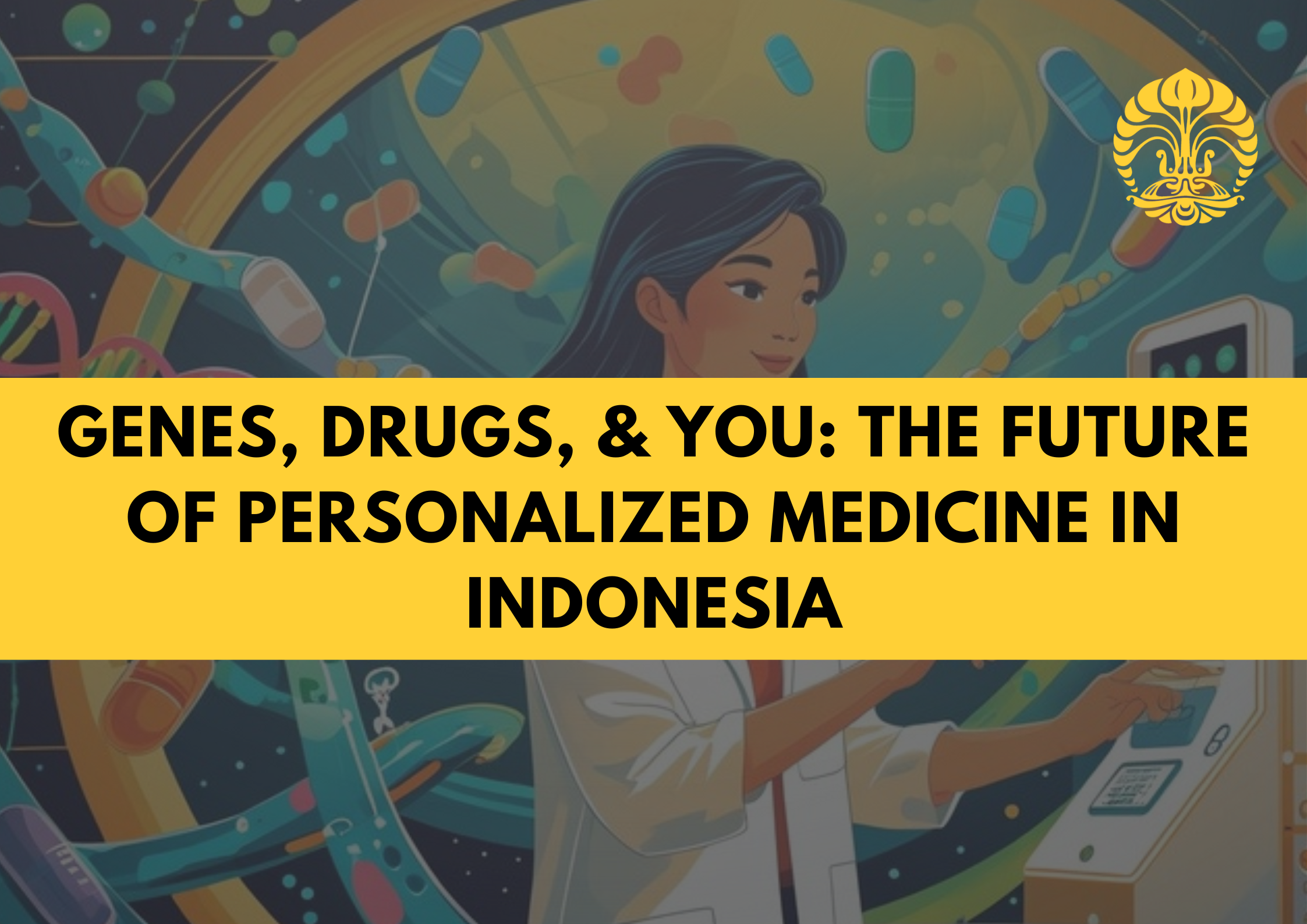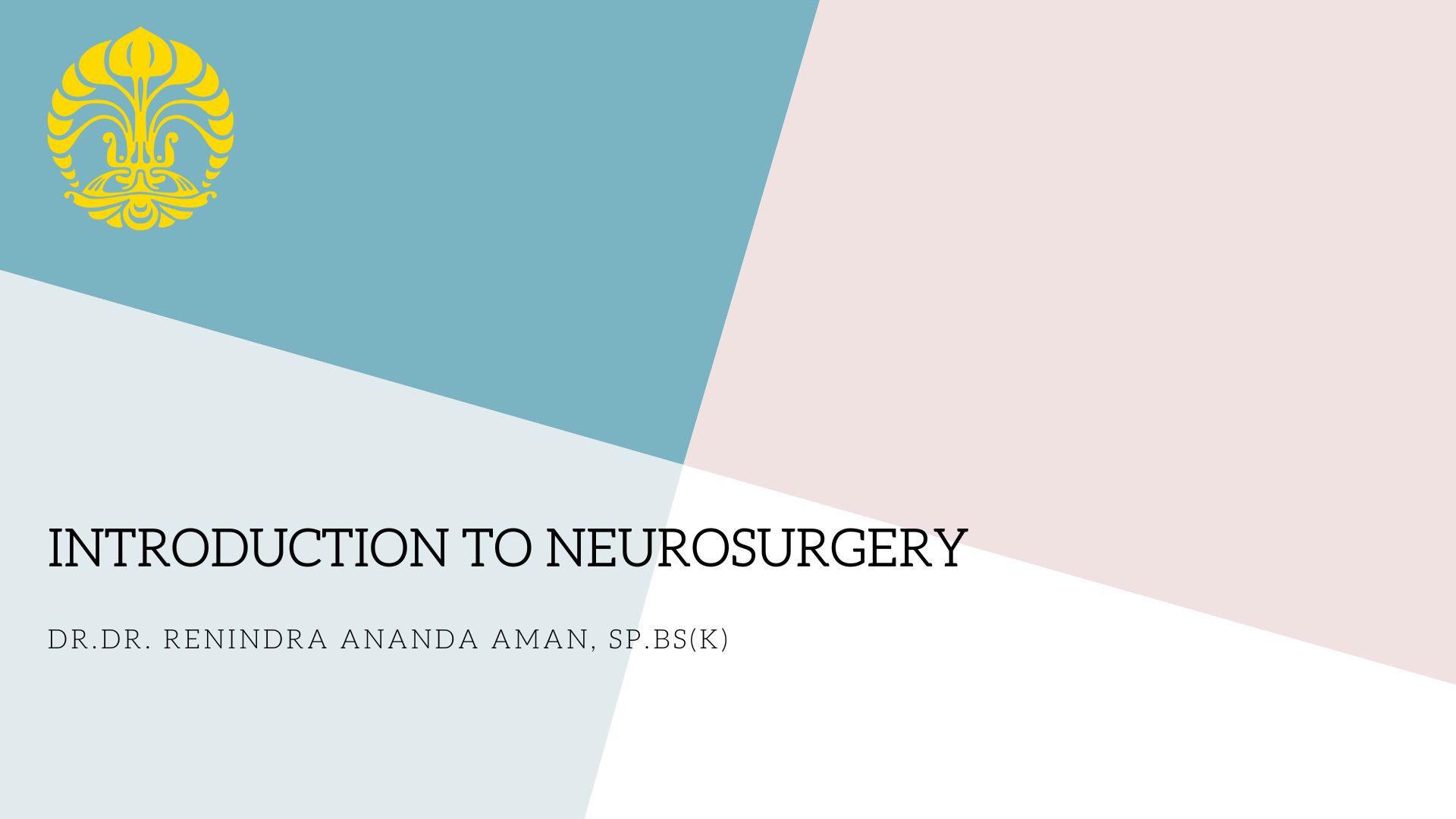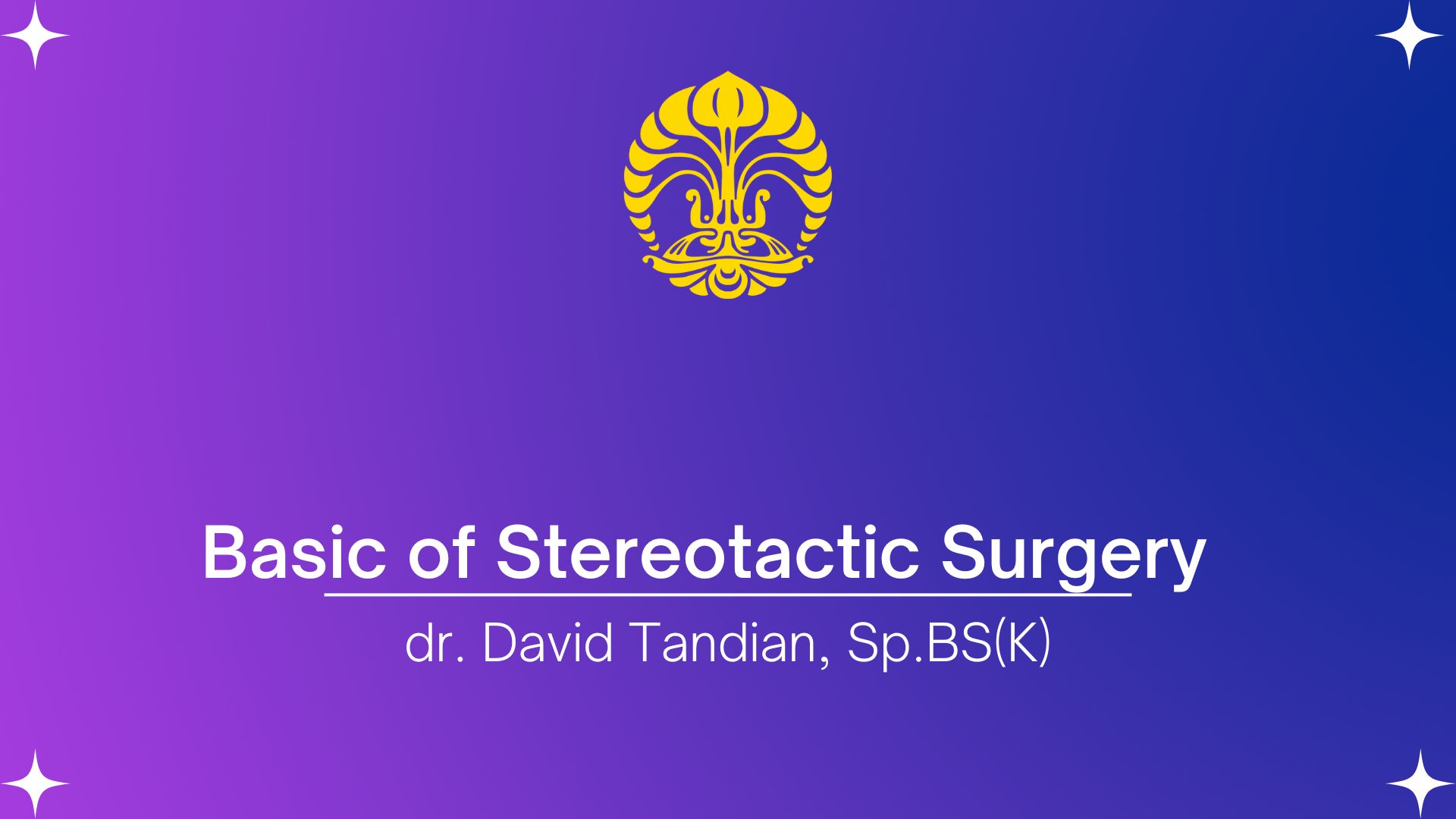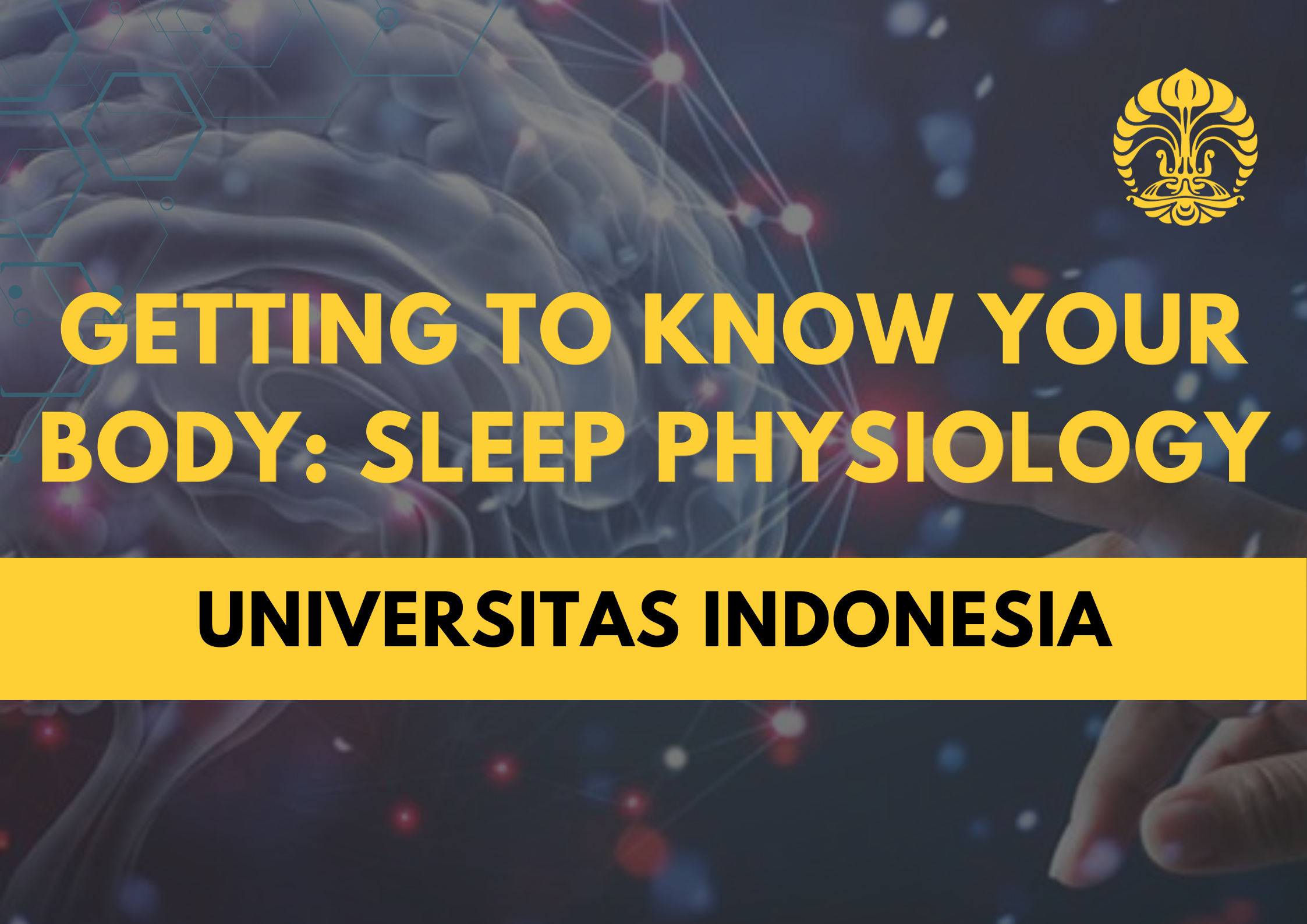
In the era of precision health, pharmacogenomics offers a new paradigm for optimizing drug therapy based on individual genetic profiles. Indonesia, with its vast ethnic diversity, presents a unique case for the implementation of personalized medicine. Furthermore, the development of personalized medicine aligns with global priorities and holds great potential for improving treatment outcomes, reducing adverse drug reactions, and optimizing healthcare spending. While this field is gaining traction globally, there is a clear gap in both public awareness and clinical readiness to adopt gene-based medication strategies. Most patients are unaware that their genes can affect how they respond to medications, and many healthcare providers are still unfamiliar with how to apply pharmacogenomic data in clinical decisions. If you are an undergraduate and graduate students in pharmacy/medicine/life sciences, healthcare professionals, or general public and patients who want to learn how genes can affect your response to medications, empowering them to become more informed and proactive in managing yout own health, this is the course for you!
This course is delivered in English as the language of instruction. This course is conducted asynchronously online using an active learning method (self-directed learning) that emphasizes student engagement in the learning process (student-centered active learning). All content within this course is protected by copyright for personal intended use only.
By the end of this course, learners will be able to:
1. Explain the basic concepts of pharmacogenomics and how genes influence drug response in simple, relatable terms.
2. Recognize the importance of personalized medicine in improving treatment safety and effectiveness, especially in the Indonesian context.
3. Apply basic pharmacogenomic knowledge to make informed decisions about health, either as healthcare providers or as patients
Dr. apt. Baitha Palanggatan Maggadani, M.Farm. is a lecturer and researcher in Laboratory of Pharmaceutical-Medicinal Chemistry and Bioanalysis, Faculty of Pharmacy, Universitas Indonesia. She earned her Doctorate in Pharmacy and Master in Pharmaceutical Sciences, both from Faculty of Pharmacy Universitas Indonesia. Her research primarily focuses on bioanalysis, particularly in relation to pharmacogenomics, therapeutic drug monitoring, and forensic toxicology.
Dr. Rezi Riadhi Syahdi, M.Farm. is a lecturer and researcher in Laboratory of Pharmaceutical-Medicinal Chemistry and Bioanalysis, Faculty of Pharmacy, Universitas Indonesia. He completed his PhD from Nara Institute of Science and Technology, Japan, and graduated with Master in Pharmaceutical Sciences from Faculty of Pharmacy Universitas Indonesia. His research primarily focuses on cheminformatics and computational drug design, as well as virtual screening for drug discovery.
apt. Callista Andinie Mulyadi, M.Farm. is a lecturer and researcher in Laboratory of Pharmaceutical-Medicinal Chemistry and Bioanalysis, Faculty of Pharmacy, Universitas Indonesia. She obtained her Master in Pharmaceutical Sciences from Faculty of Pharmacy, Universitas Indonesia. Her research interests include pharmaceutical analysis in dosage forms and biological matrices, and bioanalytical method development for therapeutic drug monitoring.




